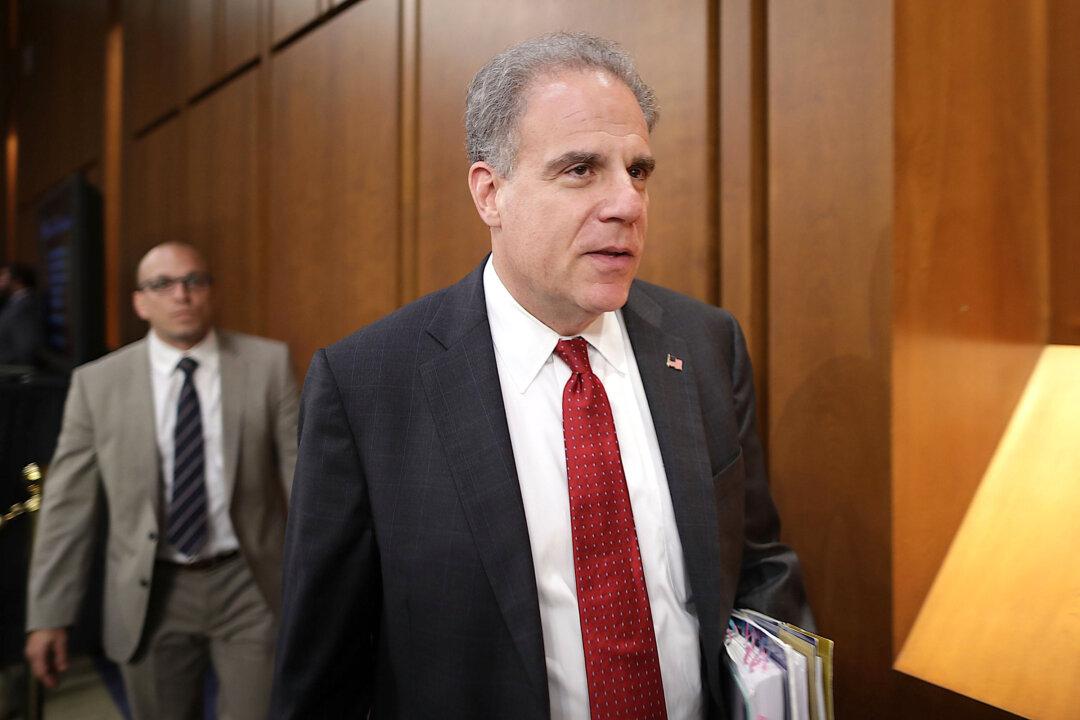Commentary
The news of whom the Foreign Intelligence Surveillance Act (FISA) Court has just appointed to oversee FBI fixes is nothing short of breathtaking.


The news of whom the Foreign Intelligence Surveillance Act (FISA) Court has just appointed to oversee FBI fixes is nothing short of breathtaking.